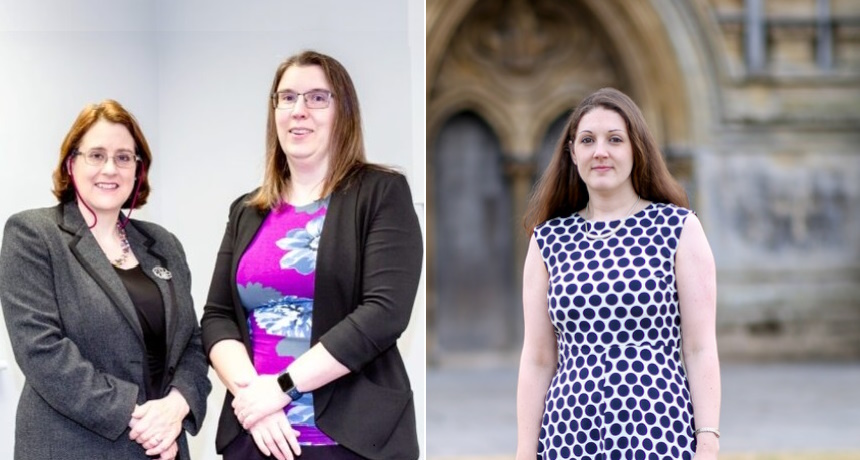Please use the menu on the right to locate the relevant section.
Probate and Estate Administration
Q&As
How is a Probate obtained
Probate is obtained by in effect, a form filling exercise. There is a need to ascertain all of the assets and liabilities of a deceased at the date of his or her death. The person appointed as executor in the Will applies for Probate by completing forms and an Oath and sending the Oath and the forms and the Will to the Probate Registry with a fee.
I have heard that Probate takes a long time and is very expensive to obtain.
The timing of obtaining Probate is difficult to judge. It really depends on how many assets the deceased has and how complicated the estate is. We say as a rough rule of thumb that in most normal cases we would expect to have the paperwork together to make a Probate application within 2 – 3 months and to have cashed in most of the assets and have paid out most of the estate within 4 – 6 months. In some cases which are very simple, the timing can be measured in weeks. Other cases where there are investments and properties to sell, it could take a considerable time to finally sort matters out.
As to costs this firm does not charge any percentage uplift. The Law Society actually recommends costs based on a percentage of the estate. Many banks charge as much as 3% or 4% of the gross value of the estate. We do not think that is entirely fair. We here charge according to the time we take in a particular matter. As a rough rule of thumb it is surprising how often in an average estate (if there is such a thing) costs approximate to around 1% of the value of an estate based on the time we have taken.
My brother has died and left no Will. How do we deal with his estate
Where someone dies without leaving a Will then Letters of Administration (a type of Grant of Representation) needs to be applied for in order to be able to deal with a deceased’s assets. As to who is entitled to apply for Letters of Administration depends on the Intestacy Rules. The Intestacy Rules will also determine who inherits the estate as well.
This can very quickly become somewhat complicated and it is recommended that everyone should, wherever possible, make a Will. If an elderly person dies in circumstances where:-
(a) There is no surviving spouse,
(b) There are no children,
(c) There are no parents surviving,
Then we would already be looking at the deceased person’s brothers and sisters or if brothers and sisters had died then the deceased’s persons nieces and nephews. If there are no brothers and sisters then we would be looking at uncles and aunts and the off spring of uncles and aunts. The possible candidates for Letters of Administration and for beneficiaries quickly becomes very complex
My husband has died, do I need a Probate and what is it
A Probate is a document that enables you to cash in and/or deal with a deceased person’s estate. Much like you need a vehicle registration document before you can sell a car or a share certificate before you can sell a share, a Probate is often required in order to deal with a deceased person’s assets.
It is not always necessary to obtain a Probate. If all of a deceased assets are jointly held with a surviving spouse then those assets will pass automatically. If the assets in a deceased’s name are very modest, it might be possible to cash them in without a Grant of Probate. In most cases, however Probate is required.
To speak to one of our experts please call us on 01749 836100 or Ask us a question



